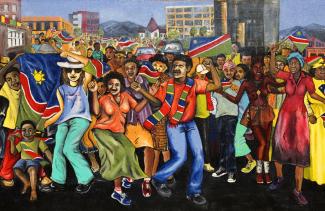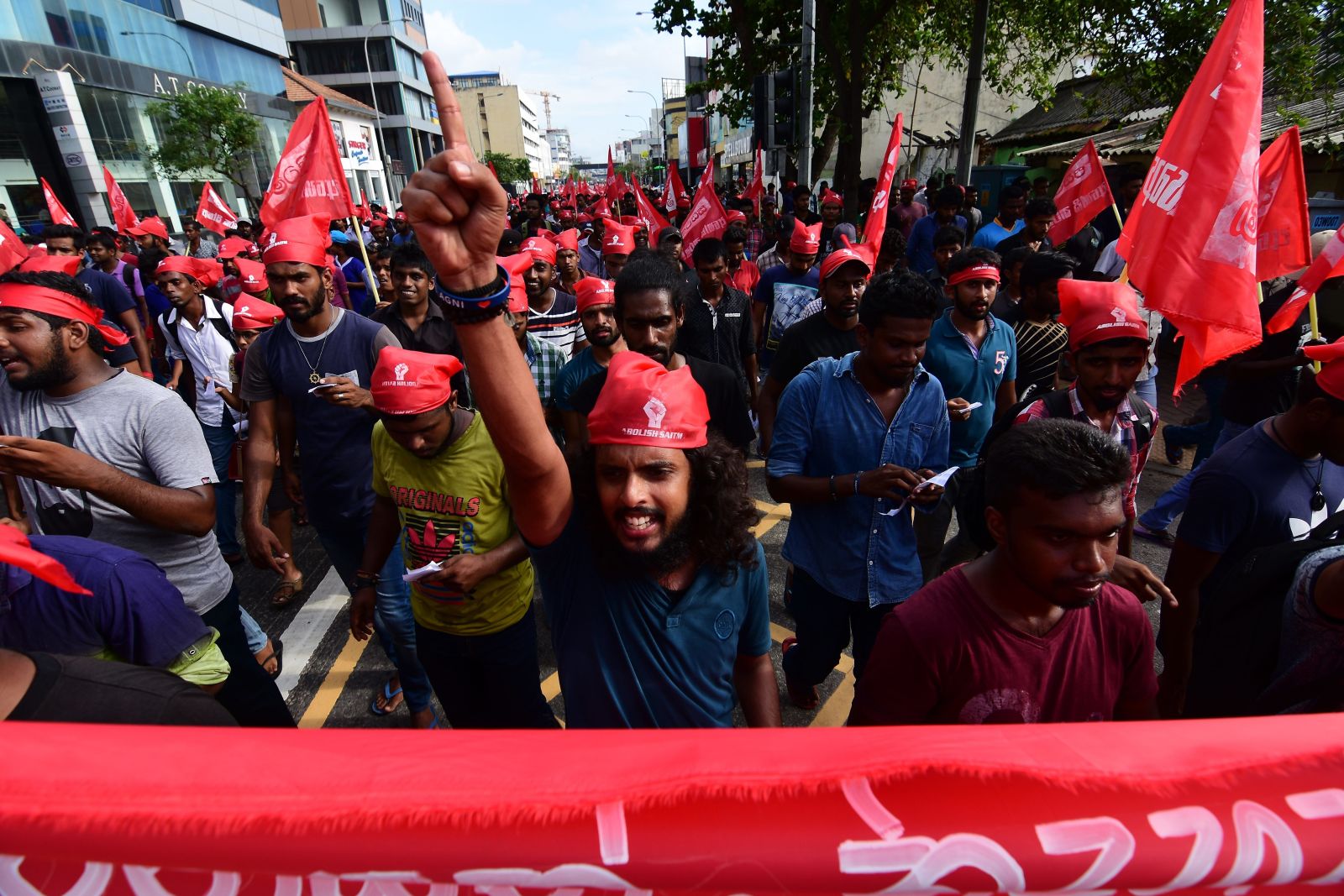Land ownership
How the first redistribution attempt failed

The idea was that white farmers would voluntarily sell land to black buyers who would often rely on government support so they could afford the price. Whenever a current owner put land up for sale, the Conference recommended giving the government preferential rights to buy.
This policy, however, faltered fast. For one thing, the land purchases by government agencies were slow and inefficient. According to official data published in 2018, over 8 million hectares (a bit more than one fifth of the privately-owned farmland) were offered to the state since 1992, but only 37 % of that land was actually bought. The statistics show that whites still own almost 50 % of the land. The descendants of the people who were dispossessed under colonial rule remain landless.
Making matters worse, inequality persists even where redistribution has occurred. It is now no longer necessarily based on pigmentation. Political connections and ethnic affinities matter too. Many members of the political and administrative elite have been classified on paper as belonging to the “previously disadvantaged”, which made them eligible for land redistribution. Many of them are originally from Namibia’s northern regions where land had always remained in the possession of the local communities. Subsidised by taxpayers’ money, people whose ancestors had never been disposed thus acquired land. To own a farm, is now a status symbol for members of the new elite.
Such misguided allocation of land has become a bone of contention. Descendants of communities expropriated by colonialism still feel pushed aside. Such feelings fuel inter-ethnic animosities.
There is more bad news. Many of the non-privileged resettlement beneficiaries cannot make a living from the land. Lacking capital and know-how, they depend on state aid.












